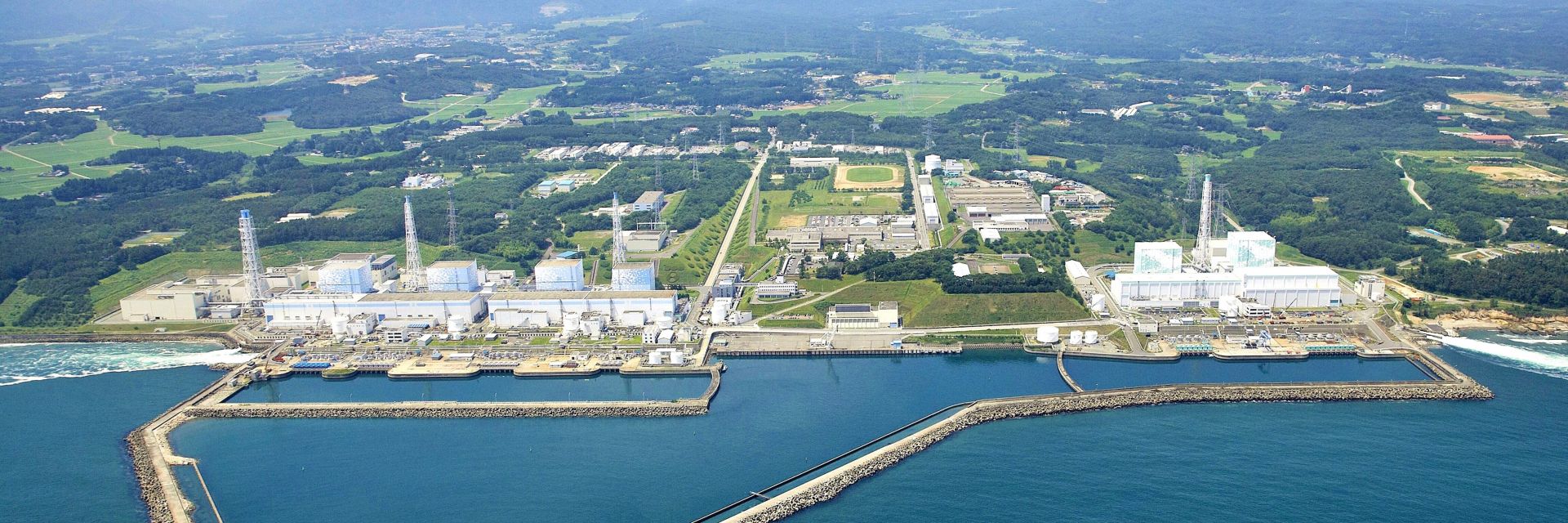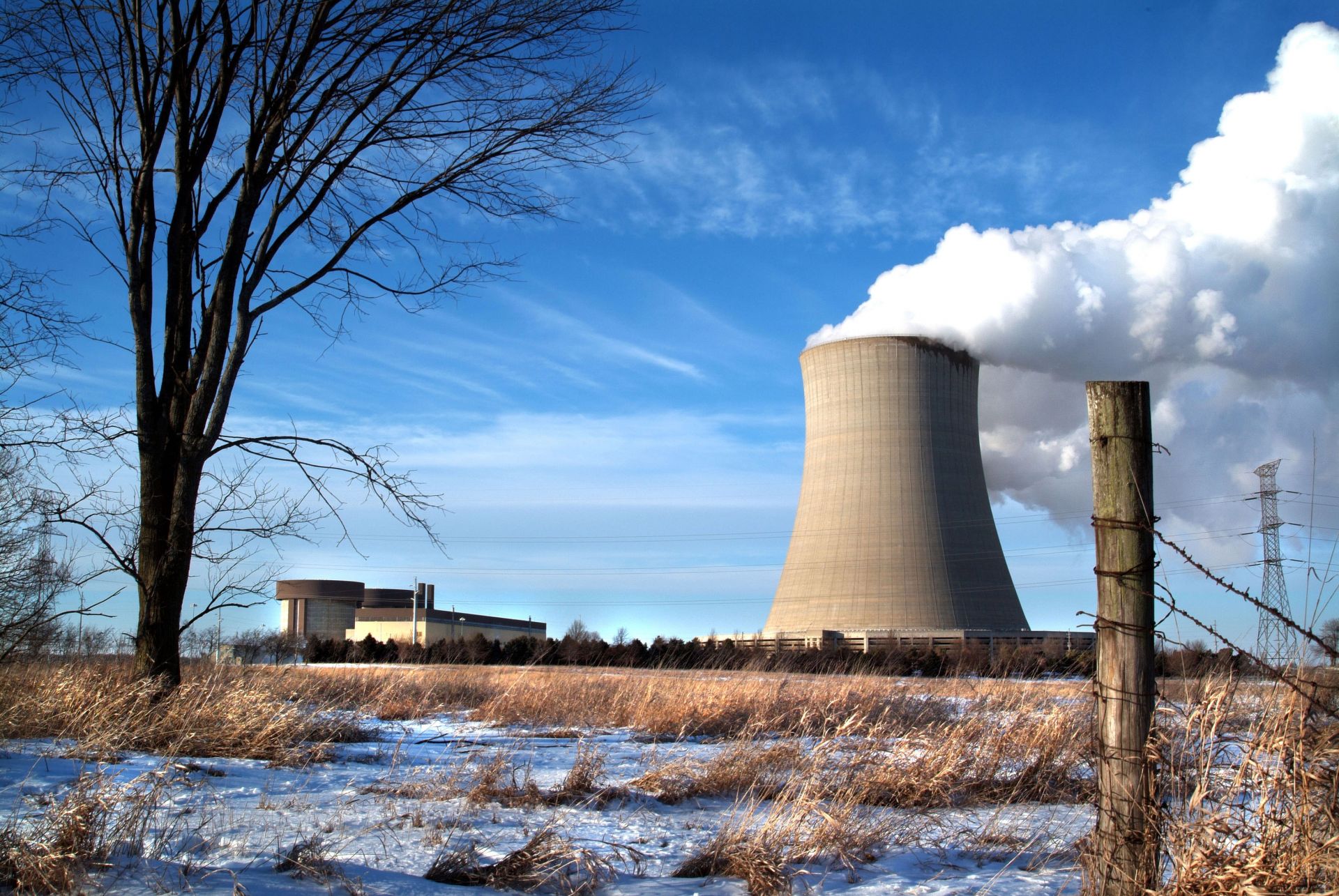Ohio Senate votes to repeal nuclear plant subsidies
After months of unsuccessful efforts by Ohio lawmakers to contend with the fallout from H.B. 6—the now-infamous nuclear subsidies bill signed into law in 2019—the state’s senate on March 3 passed a measure, S.B. 44, to repeal those subsidies. The vote was 32–0.
For those who may need reminding, federal prosecutors on July 21, 2020, arrested Larry Householder, then speaker of the Ohio House, and four lobbyists and political consultants for their involvement in an alleged $61 million corruption and racketeering scheme aimed at guaranteeing passage of H.B. 6, whose subsidies had kept Ohio’s Davis-Besse and Perry nuclear power plants from premature closure.
H.B. 6 established a seven-year program to charge the state’s electricity consumers fees to support payments of about $150 million annually to the plants’ operator, Energy Harbor Corporation, then known as FirstEnergy Solutions (FES). FES had announced in March 2018 that it would be forced to close Davis-Besse and Perry without some form of support from the state. (The payments to Energy Harbor were blocked last December by an Ohio Supreme Court injunction, which complemented an earlier lower court ruling.)




 Virginia’s nuclear-sector stakeholders, led by the Virginia Nuclear Energy Consortium Authority (VNECA), have drawn up a plan for helping the state reach its goal of 100 percent carbon-free electricity generation by 2045.
Virginia’s nuclear-sector stakeholders, led by the Virginia Nuclear Energy Consortium Authority (VNECA), have drawn up a plan for helping the state reach its goal of 100 percent carbon-free electricity generation by 2045.
 The
The 
 Spurred by
Spurred by 


